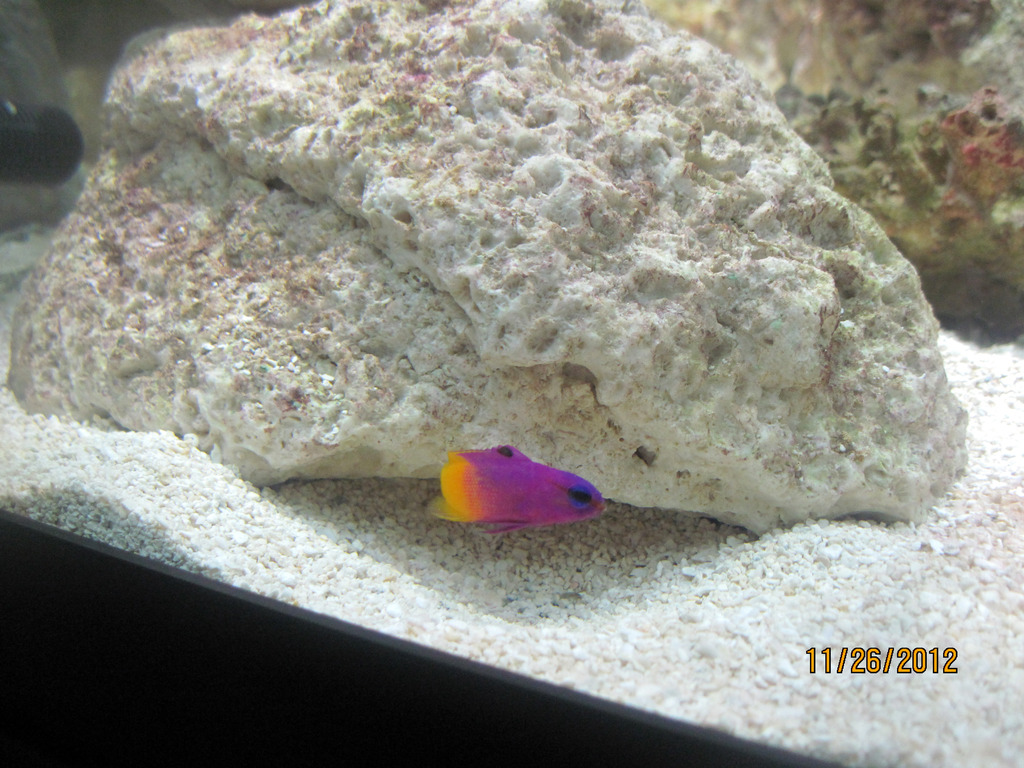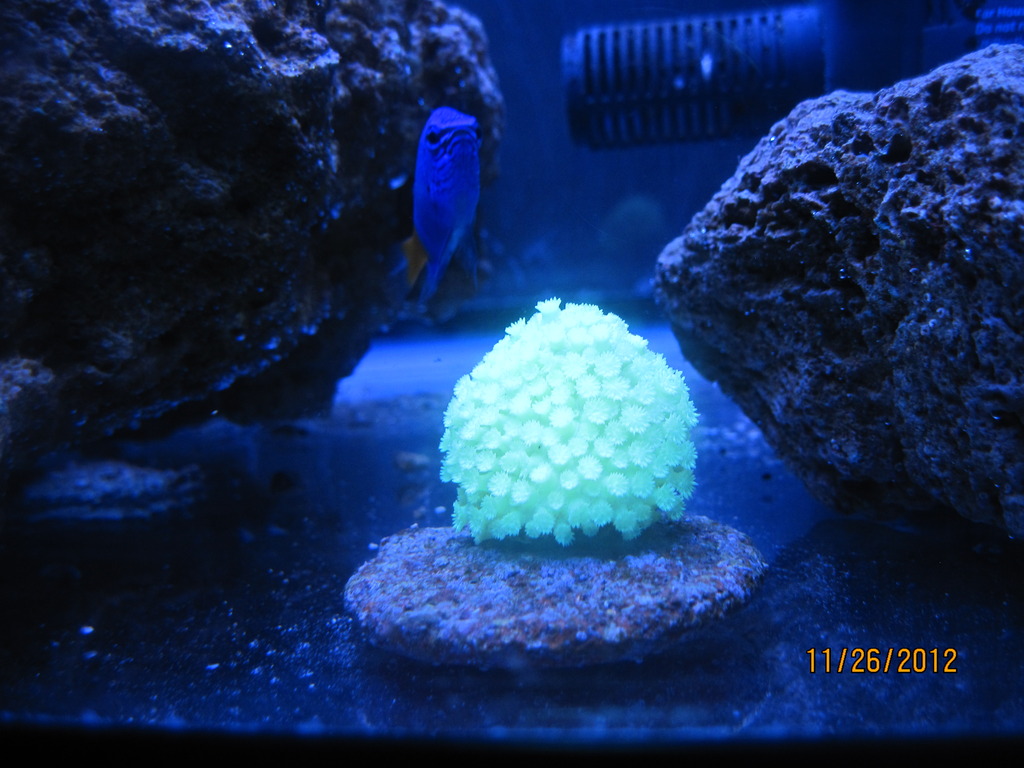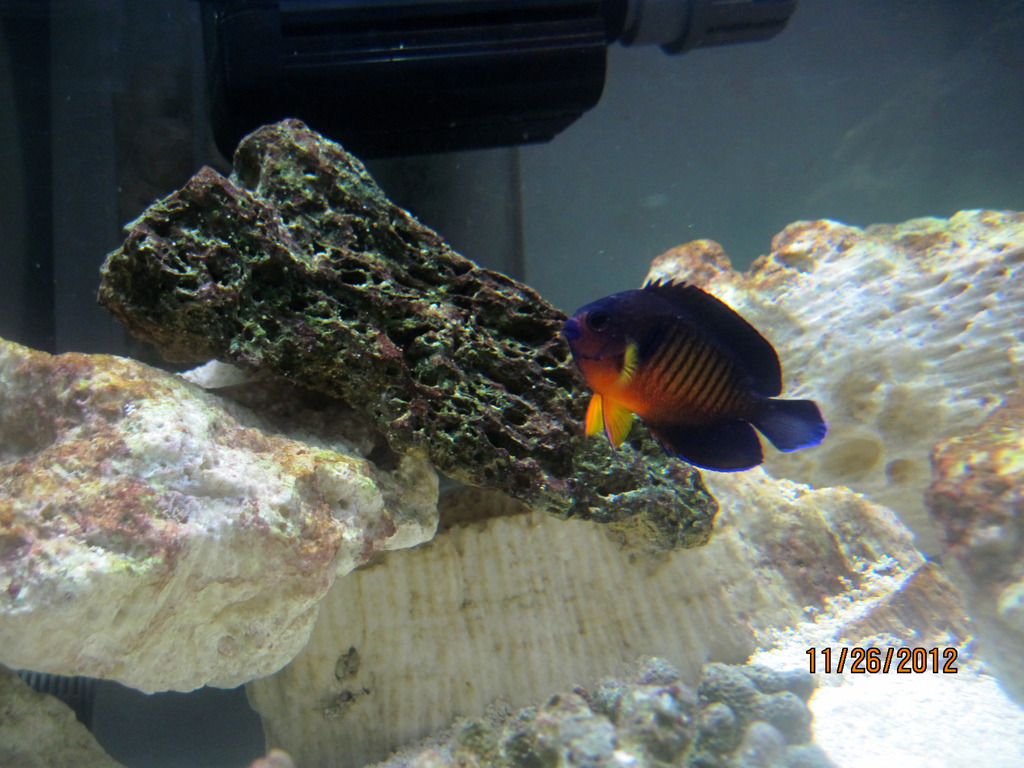Andy Sager
Aquarium Advice Addict
So let's not worry about adding additional regulations.
How about educating the hobbyist and get everyone on board with only buying captive bred species.
This would then force even more effort to be put into finding ways to accomplish this as the consumer can drive change more than anyone. Money talks.
I am very aware of many of the issues surrounding the destruction of oceans.
But when we look at the saltwater hobby, it's easy enough to pass laws which would protect wild caught fish. Making it illegal to sell wild caught would certainly help don't you think?
Why would people who love these fish and reefs want to do something that will hurt the things they love. As hobbyist we can make a huge difference in how the fish are sold.
While your points are well intended, they are not truly going to change the attitudes and habits of the rest of the world.
As for not keeping wild caught fish, this poses an even bigger danger to them. How you might ask? By not being able to monitor the capture and sale of these fish, there could very easily be losses of entire fish stocks without anyone noticing. Now I'm not saying that the hobby is good reason to prevent this but just as wild animals are kept in zoos to make people aware of their existence, the hobby can also do the same thing.
Years ago I attended a symposium led by the director of the Rosensteil school of marine sciences which is a part of the University of Miami in FL. We were told that because of the volume of eggs that many pelagic and non benthic fish produce per spawn, that if only 20% of the world's reefs were protected from human activity of all kinds, the fish produced from those reefs could supply the other 80% of the reefs around the world. That means that there are an awful lot of fish coming from a single pair of fish. And to back that up, take a single pair of Atlantic Queen Angelfish. An average spawn is between 25 -75 thousand eggs per spawn and close to 10 million eggs per spawning cycle. Butterfly fish have an average 100-300 thousand eggs per spawn. Do you really think it's the hobby causing a decline in the fish populations?
Here's another example: Instant Ocean, I believe, set up a breeder in the Florida Keys to study the effectiveness ( cost and space) of tank breeding
French Angelfish. In doing so, a hybrid French/ Black Angelfish was created. (It had the square tail of a Black Angel but the full yellow border of the tail of the Juv. French Angel.) The end result was that because they produced so many eggs per spawn, not enough land could be procured to effectively tank rear these fish in the U.S.
Another example: Back in the 1970s? or early 80s, TFH magazine had an article about the Imperator Angel and it found that a single male had a territory of 1/4 of a square mile and kept a female in each corner and would spawn with each one over the course of the week they were studied. That's just 5 fish of a specie that is not considered to be in danger of overfishing as of today.
But to better show this, take a look at the species of marine aquarium fish that are listed on the IUCN red list. I fully support the non keeping of fish that are on that list as endangered or even just threatened unless as tank raised specimens but there just aren't that many that would be on the list.
You can argue ( or discuss
Pacific Salmon have made comebacks in some areas where dams for electrical power, that were blocking their natural spawning areas, were removed proving that it was the dam that was the problem.
Fish stocks in the Gulf of Mexico on the FL side were on the decline for years and rebounded within 1 year and exponentially rebounded over 5 years only once the Commercial net ban became a Florida constitutional law. The hobby wasn't involved in that either except that some fish put forth into the hobby were collected by these commercial nets. I won't tell you how I know this is true.
The biggest abuse and most fishes on the IUCN redlist are freshwater fishes and the main cause is mainly habitat destruction. Once again, the hobby had nothing to do with that.
And I could go on with more examples. So let's get the facts straight for this discussion so it doesn't become one of passionate opinion vs reality facts.



